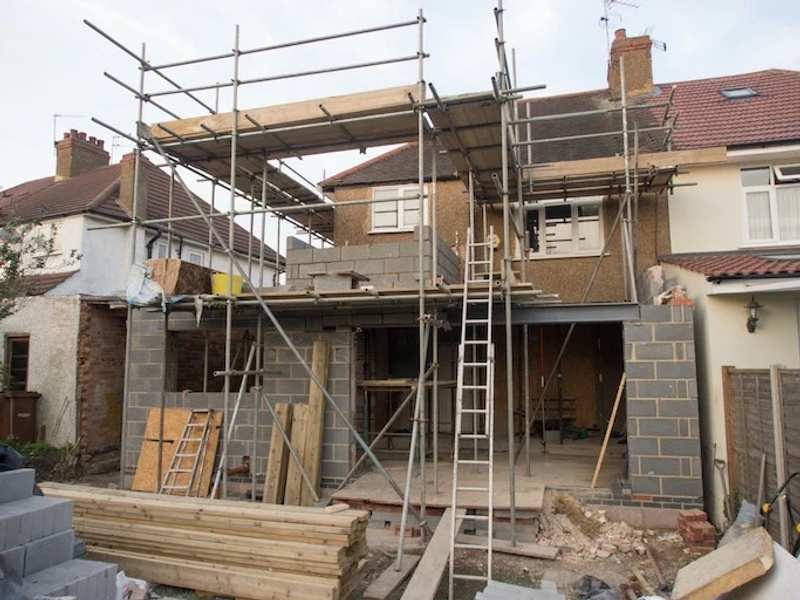

Chicago Home Additions: Your Step-by-Step Guide

As the heart of the Midwest, Chicago offers a vibrant urban landscape and a diverse community, making it an ideal place to call home. However, as families grow and lifestyles evolve, the need for additional living space becomes apparent. Whether you require extra room for a growing family or wish to create a dedicated workspace, adding an addition to your Chicago home can significantly enhance both functionality and property value. In this post, we will explore the key considerations and steps involved in building an addition in the Windy City.
1. Assessing Your Needs
The first step in building an addition is identifying your specific requirements. Whether you're seeking extra bedrooms, a home office, an expanded kitchen, or a multi-functional space, defining your needs helps shape the direction of your project.
2. Zoning and Building Permits
Chicago has strict zoning regulations and building codes that must be adhered to when planning an addition. Before starting, consult with a professional architect or contractor who is well-versed in local regulations to ensure your plans are in compliance. Obtaining the necessary permits is crucial to avoid potential legal issues and costly delays.
3. Design and Aesthetics
Chicago is renowned for its unique architectural styles, and your addition should seamlessly blend with the existing structure and neighborhood character. Work closely with your architect to develop a design that blends seamlessly with your existing structure while accommodating your functional needs.
4. Budget and Financing
Establish a realistic budget for your addition project, accounting for construction costs, materials, permits, and any unforeseen expenses. Obtain quotes from reputable contractors to gain a better understanding of the total investment required.
5. Material Selection and Energy Efficiency
Choosing the right materials for your addition is essential for durability and aesthetic appeal. Consider materials that match the existing facade while offering longevity and low maintenance. Additionally, investing in energy-efficient windows, insulation, and lighting can reduce utility costs and contribute to a more sustainable living environment.
6. Hiring the Right Professionals
Building an addition is a significant undertaking that requires expertise and experience. Choose a licensed and reputable general contractor with a track record of successful projects in Chicago. Ensure they have a skilled team, attention to detail, and a commitment to meeting deadlines.
7. Construction and Project Timeline
Once the design is finalized and permits are secured, the construction phase begins. Clear communication with your contractor is crucial from the initial planning stages to project completion. Discuss the project timeline, milestones, and potential challenges. Regular updates and discussions will help ensure a smooth and efficient construction process. Be prepared for potential weather-related delays, especially during harsh Chicago winters.
8. Completing the Addition
As your addition nears completion, carefully inspect the work to ensure everything meets your expectations and adheres to the agreed-upon design. Make any necessary adjustments before finalizing the project.
In Conclusion
Building an addition in Chicago is an exciting opportunity to create more living space while enhancing the value of your property. By carefully assessing your needs, securing the proper permits, and working with experienced professionals, you can embark on this journey with confidence. Embrace the unique architectural character of Chicago while integrating modern functionality, and you'll soon have a beautiful and functional addition that complements your lifestyle and enriches your connection to this vibrant city.



Comments